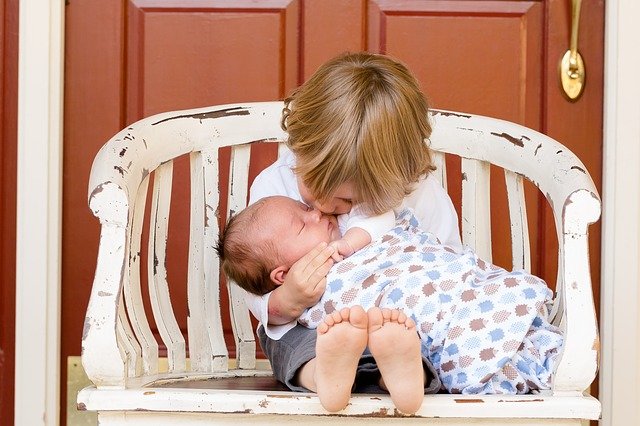
The set of emotions, passions and feelings of a person is called affectivity.
The first meaning of affectivity that the Royal Spanish Academy ( RAE ) mentions in its dictionary refers to the condition of affectivity . The affective term, meanwhile, refers to what is linked to affection (a passion of the soul, especially affection or love).
The notion of affectivity can refer to the set of emotions and feelings of an individual . Another meaning is related to the tendency of a subject to react in a sentimental or emotional way.
Analyzing affectivity
Affectivity can be understood as the (symbolic) space where passions, emotions and feelings are housed. Another way of understanding affectivity is as the capacity of the human being to experience external reality within, in turn experiencing himself.
Affectivity means that people transform everything that is in their consciousness into internal experiences. In this framework, they grant personal meaning to their social relationships.
Starting from affectivity, it is possible to affirm that passions, emotions and feelings affect life in multiple ways. Affectivity is combined with reason for the interpretation of the world and the development of behavior.
Links Component
Affectivity appears in all human interactions . That is why it must be considered at the family level, in work relationships and in the educational process, to mention just a few dimensions or facets.
Various psychologists and experts from other areas emphasize that the influence of affectivity in social interactions must be taken into account. This is a factor that can favor the meeting or, on the contrary, cause a distancing.
It cannot be ignored that feelings constitute an internal state, although with external manifestations. In fact, they can generate behavior that extends over time. That is why working on emotions is key to harmony in society.

For many psychologists, affectivity must be educated from childhood.
Education of affectivity
Many thinkers maintain that affectivity must be educated and that this process has to start during childhood. Learning goes far beyond intellectual capacity: the way we react or respond to stimuli is as important as intellect.
The education of affectivity aims to ensure that the child is able to control and manage his emotions, adapting to himself and the environment in such a way that he feels happy. The objective is that the children, faced with different situations and challenges, can react effectively. All of this helps the child's integration into the community and allows them to forge healthy interpersonal bonds.
Evolution with development
For psychology , affectivity begins to be built at birth and is in full development until reaching maturity. On this journey, affections become structured.
In early childhood, affections are usually directed toward parents . Little by little, the child acquires the ability to direct affectivity to other family members and then to external figures , which means that he or she gains autonomy regarding his or her feelings.
That affectivity develops correctly is essential to have positive self-esteem . In fact, upon reaching maturity , affectivity allows us to resolve eventual emotional problems and traumas that, at the time, hindered integral growth.
